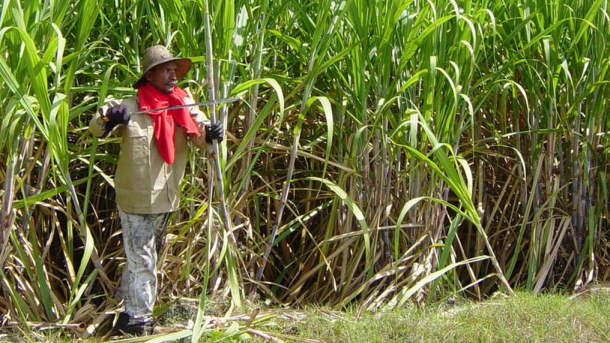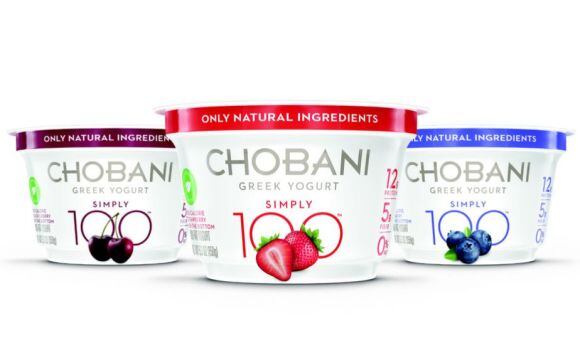In the past two weeks, US District Judge Susan Illston has dismissed (without prejudice) two ECJ-related complaints* against Santa Cruz Natural and Amy’s Kitchen, concluding that in light of the FDA’s recent action, “the determination of whether ECJ is the common or usual name of the ingredient is best left to the FDA for resolution.”
Meanwhile, another ECJ-related lawsuit vs Odwalla has just been stayed by Judge Yvonne Gonzalez Rogers on the same grounds (primary jurisdiction - ie. this is a matter for the FDA, not the courts).
David Biderman: Will it stop every case? You can’t predict judges. But it should
While it’s possible that other judges will see things differently, it seems likely that the FDA's action will stop most ECJ-related lawsuits in their tracks, said David Biderman, a partner in Perkins Coie’s Consumer Class Action Defense practice.
He told FoodNavigator-USA: “Plaintiffs have been using the draft guidance as a way of alleging that foods using the term ECJ are misbranded, and if that guidance is now in question, so too is the basis for their lawsuits.
“Will it stop every case? You can’t predict judges. But it should. Why should judicial resources be devoted to addressing a decision where the agency has directly sought additional information?”
Kristen Polovoy: We’ve already seen doubt from the bench that clear guidance will be immediately forthcoming from the FDA
William Dance, LA-based attorney at law firm Tucker Ellis LLP agreed that the FDA’s move will likely “put a temporary stop to most if not all the recent ECJ lawsuits”, but said things could change if it doesn’t act promptly.
“If it turns out that the FDA’s final guidance does not materialize relatively quickly, though, courts’ deference to the FDA’s primary jurisdiction is likely to disappear.”
Indeed, according to Kristen Polovoy of Montgomery, McCracken, Walker & Rhoads LLP, “We’ve already seen doubt from the bench that clear guidance will be immediately forthcoming from the FDA [on ECJ].”
For example, in a recent order on an ECJ-related class action lawsuit against Wallaby Yogurt Co. (No. 13-00296), the court said the FDA's March 5 announcement did not suddenly change everything, adding: “It remains unclear when or if the FDA will conclusively resolve this issue. Lacking definitive guidance, this case will proceed apace.”
Jeff White: It's too early for food manufacturers to crack open the champagne
Jeff White, a partner at Robinson & Cole LLP and author of the Manufacturing Law Blog, agreed that it was “too early to tell what impact, if any, the FDA’s announcement will have on evaporated cane juice lawsuits".
He added: "Although there are some recent decisions that have invoked the primary jurisdiction doctrine to dismiss or stay cases in light of this announcement, at least one court in the Northern District of California has refused to follow suit due to concerns about when or if the FDA will conclusively resolve this issue.
"I expect that that this issue will continue to be litigated over the next few months and it will be interesting to see if defendants can get any traction in class action cases where the primary jurisdiction argument was rejected prior to the March 5 announcement.”

Arnie Friede: This could end up in Ninth Circuit court of appeals
But what does all this mean for the plaintiffs?
Ben Pierce Gore, the plaintiff’s attorney at Pratt & Associates who has filed a large percentage of the ECJ-related lawsuits in question, did not respond to requests for comment.
However, Arnold Friede, senior food and drug law attorney with Sandler, Travis & Rosenberg, P.A in Miami, predicted that “Plaintiffs will not allow these cases to be dismissed on primary jurisdiction grounds without a huge fight.”
He added: “Given the divergence of views by different district court judges on whether ECJ cases should be dismissed on primary jurisdiction grounds, it seems reasonable to believe that the matter will be up before the US Court of Appeals for the Ninth Circuit in the not-too-distant future.”
David Biderman: I disagree completely

David Biderman from Perkins Coie begged to differ however, adding: “I disagree completely.
"First, this is exactly the kind of case where a court should stay or dismiss the case. How can they bring a case claiming mislabeling based on FDA guidance and when the guidance is revisited then say never mind, the case should still go on?
“Second, I am not sure these cases qualify as an appealable judgment. So a hearing would be subject to the court’s discretion and the ninth circuit would be no more interested in taking this than a lower court when the FDA has asked for more information on the issue.”
Click HERE to read about what evaporated cane juice is.
* Swearingen et al. v. Santa Cruz Natural Inc. No. 3:13-cv-04291 and Figy v. Amy's Kitchen, Inc No. 3:13-cv-03816
